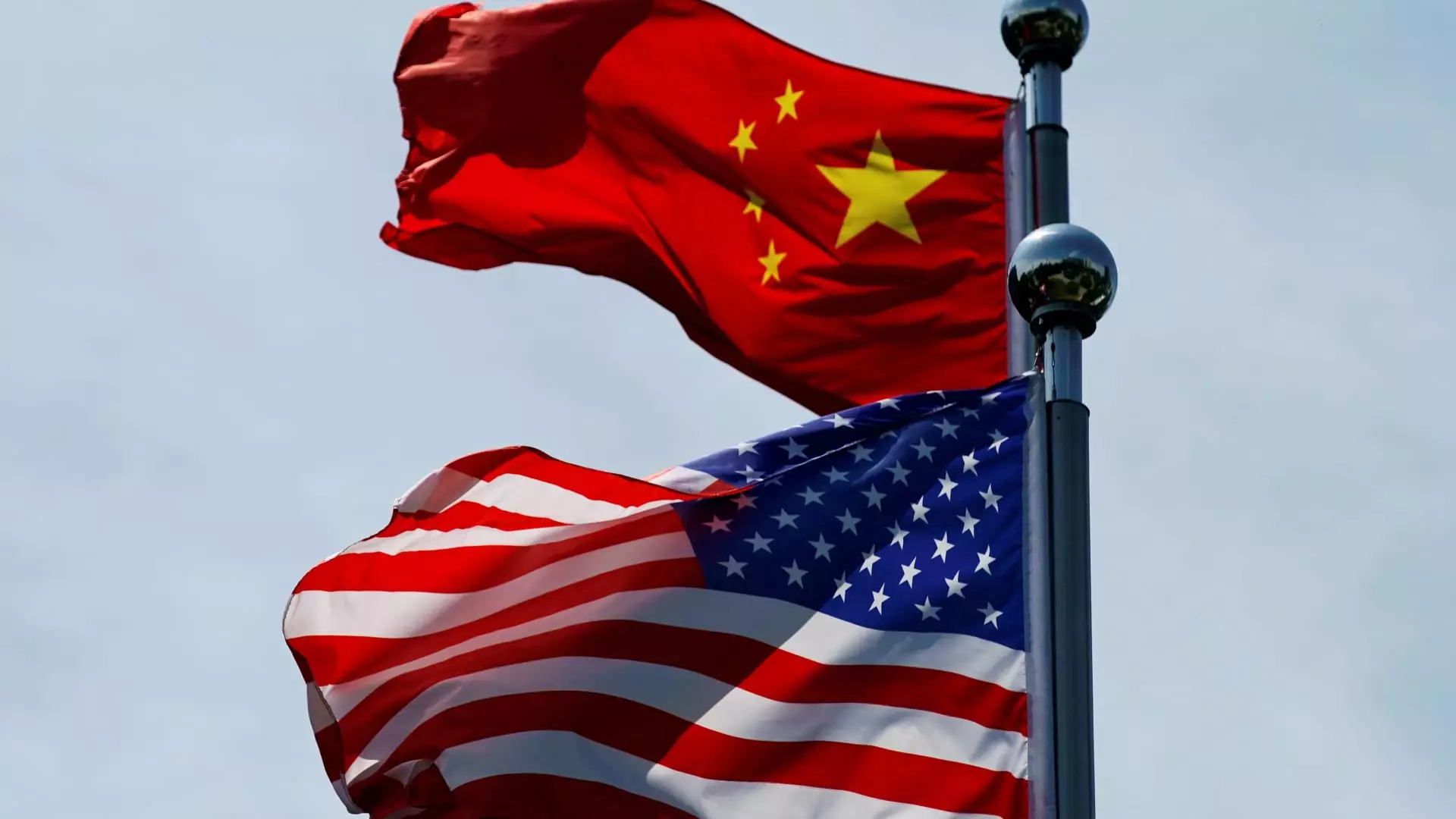In the complex arena of global trade, few factors weigh as heavily as the availability of critical minerals. As both the U.S. and China engage in what can only be described as a trade tug-of-war, the tension is building not just in boardrooms but in assembly lines, looming summer deadlines, and dire business forecasts. The escalating rare earth export crisis—primarily a result of tightening Chinese government controls—has placed industries reliant on these indispensable minerals at an alarming crossroads. It’s a situation that is not just a hiccup in supply chains; it’s a ticking bomb that could decimate production capabilities across various sectors, particularly in automotive and technology domains.
China’s Dominance and Export Controls
China’s stranglehold on the rare earth market is no mere coincidence; it’s a strategic maneuver that has been years in the making. Rare earth elements are critical not only in consumer electronics and electric vehicles but also in advanced military applications. As China progressively tightens its grip on exports—most notably the recent restrictions on seven rare earth elements—the implications for global manufacturers become increasingly concerning. This move appears calculated rather than reactive, as Beijing publishes these controls without explicitly attributing them to U.S.-China tensions. The opacity of Chinese policies creates an environment of uncertainty, leaving American businesses unmoored and, consequently, at risk of operational paralysis.
Surveys Reveal Alarming Future for U.S. Industries
Recent survey data from the American Chamber of Commerce paints a dismal picture of the future for American manufacturers. A staggering 75% of the companies affected by the rare earth controls reported that their supplies would be depleted within three months. This is a genuine red flag for industries engaged in research and development, manufacturing, and technology—all of which consider rare earth elements non-negotiable. The potential halt of production doesn’t just impact the bottom lines of these companies; it ripples out to affect jobs, the economy, and consumer prices. The U.S. has to face a bitter truth: a rush to secure alternative sources or risk being held hostage by a singular power that has strategically chosen to weaponize its dominance.
Disappointment in Diplomatic Dialogue
This crisis comes amid a backdrop of diplomatic discussions that, instead of yielding fruitful resolutions, seem to reinforce the status quo. U.S. President Donald Trump’s statements following the most recent phone call with Chinese President Xi Jinping suggest optimism, but there is little evidence to support such sentiments. Even after the much-publicized trade agreement in May, the expected rollback of restrictions on rare earth elements remains conspicuously absent. The only tangible outcome appears to be a temporary license for a select few U.S. companies, which does little to alleviate the looming crisis that threatens to halt production lines across industries.
A Broader Impact on Global Industries
The repercussions of China’s rare earth export restrictions extend well beyond American borders. European producers have also started to feel the impact, with reports indicating that several auto parts companies have already halted production. Key players in the European automotive industry, such as Suzuki Motor, have faced crises of their own due to restrictions on rare earth supplies. The ripple effects of this dilemma place not just the manufacturers but also consumers at significant risk, with the potential for increased prices, delayed deliveries, and limited availability of products that rely on these critical materials.
A Call to Action: The Need for Strategic Alternatives
As the dust settles on Chinese restrictions and the stymied discussions in Washington, there remains an urgent need for the U.S. to forge a path toward self-sufficiency. The current dynamics necessitate a recalibration that prioritizes innovation in alternative sourcing and recycling, alongside strengthening relationships with other nations rich in these critical minerals. This situation signals an urgent call to action for policymakers and industries alike to diversify supply chains and reduce dependencies in a way that allows for long-term resilience against geopolitical fluctuations.
The existing trade framework between the U.S. and China may operate under the premise of negotiation and compromise, but such a foundation appears increasingly tenuous when faced with the dire realities posed by rare earth shortages. The urgency cannot be overstated; as summer approaches, a proactive and robust response is not merely advisable—it’s essential.

